Discover a destination by foot/bike
This can be applied quite easily when visiting a city. Instead of catching an Uber or renting a car, try to rely on public transport and, if the weather permits, rent a bike or discover a new place by foot. It’s not only healthier and more adventurous, but also allows you to get lost in small alleyways and find little treasures like a cute café or an art gallery that might be tucked away, not visible from the main road.
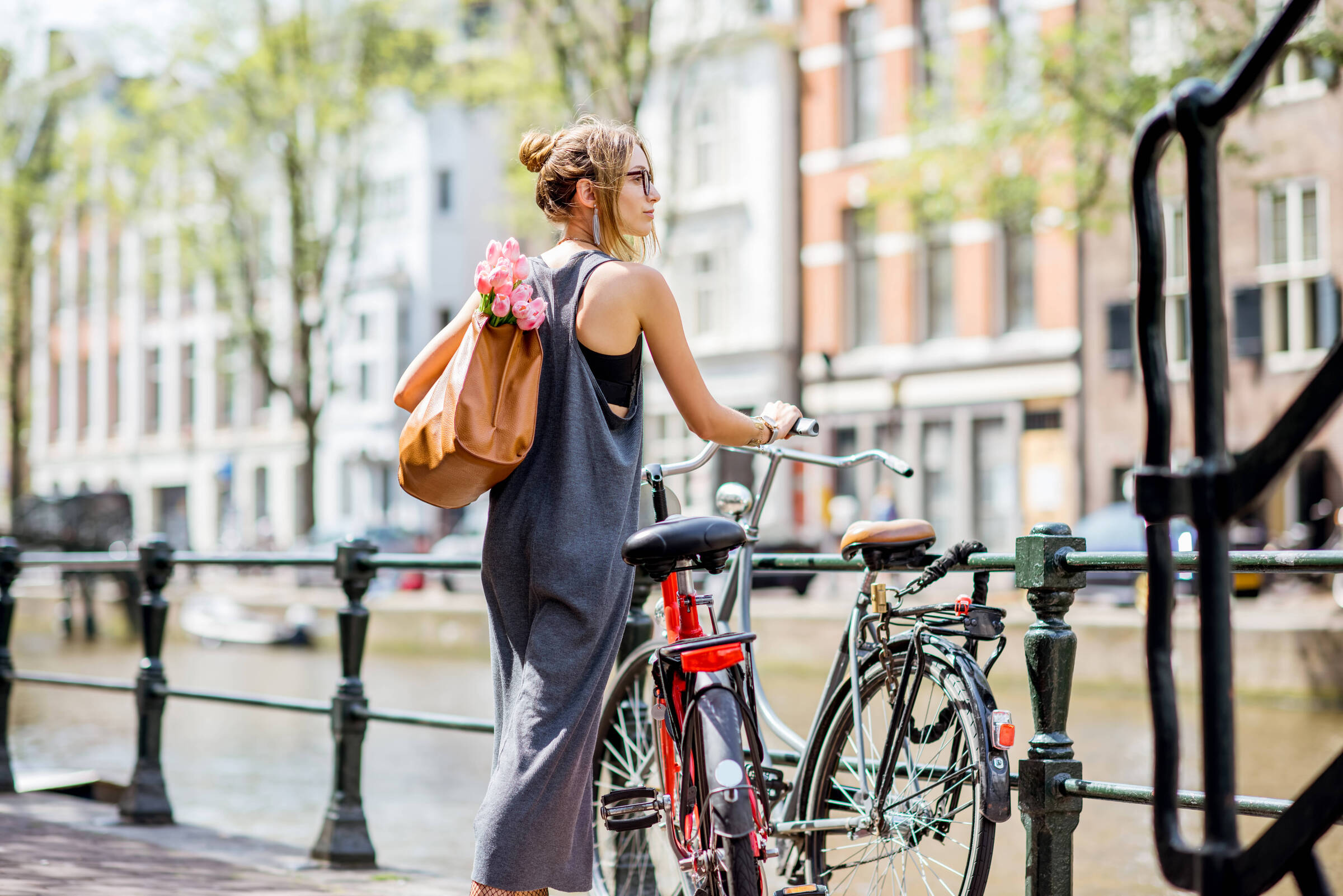




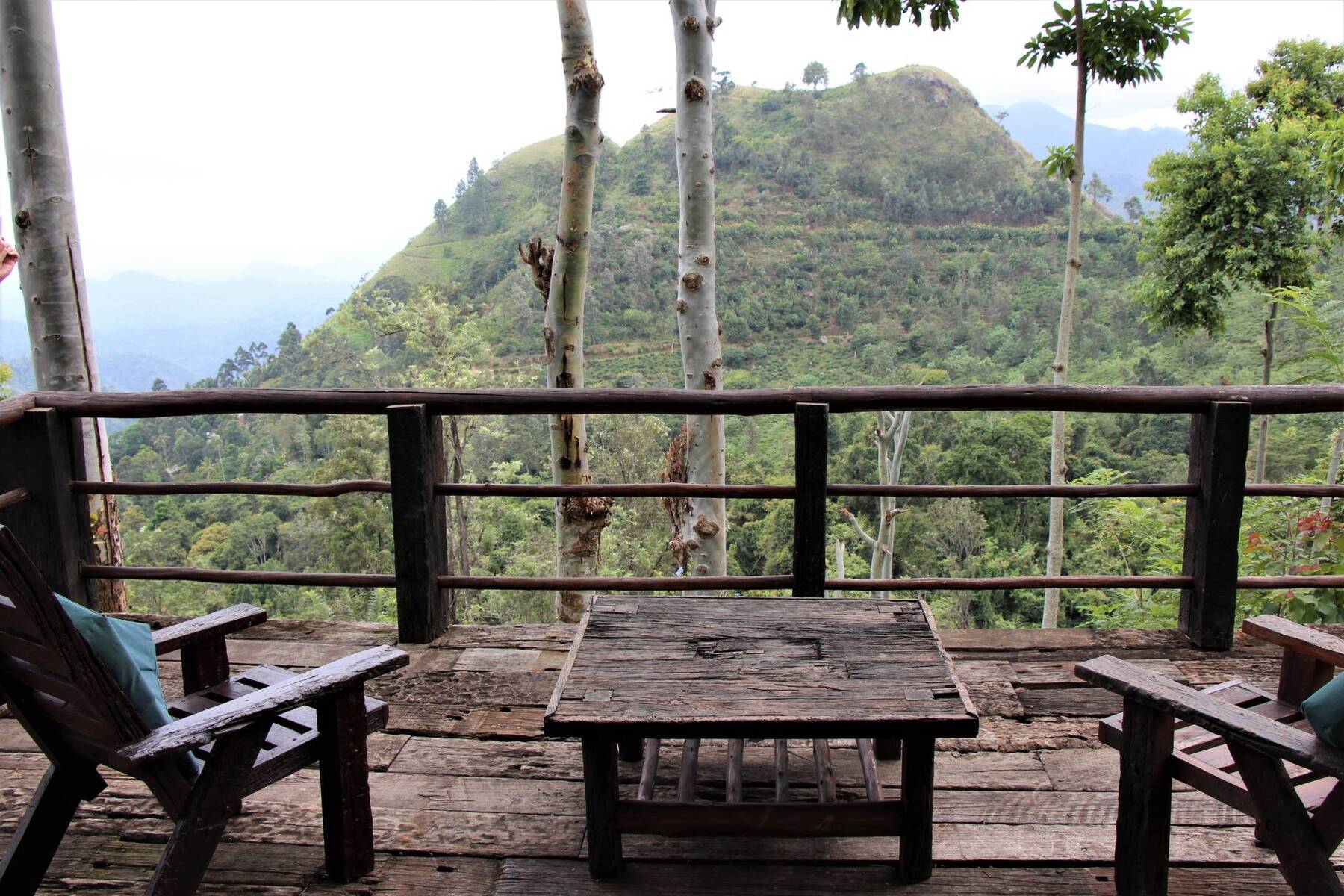
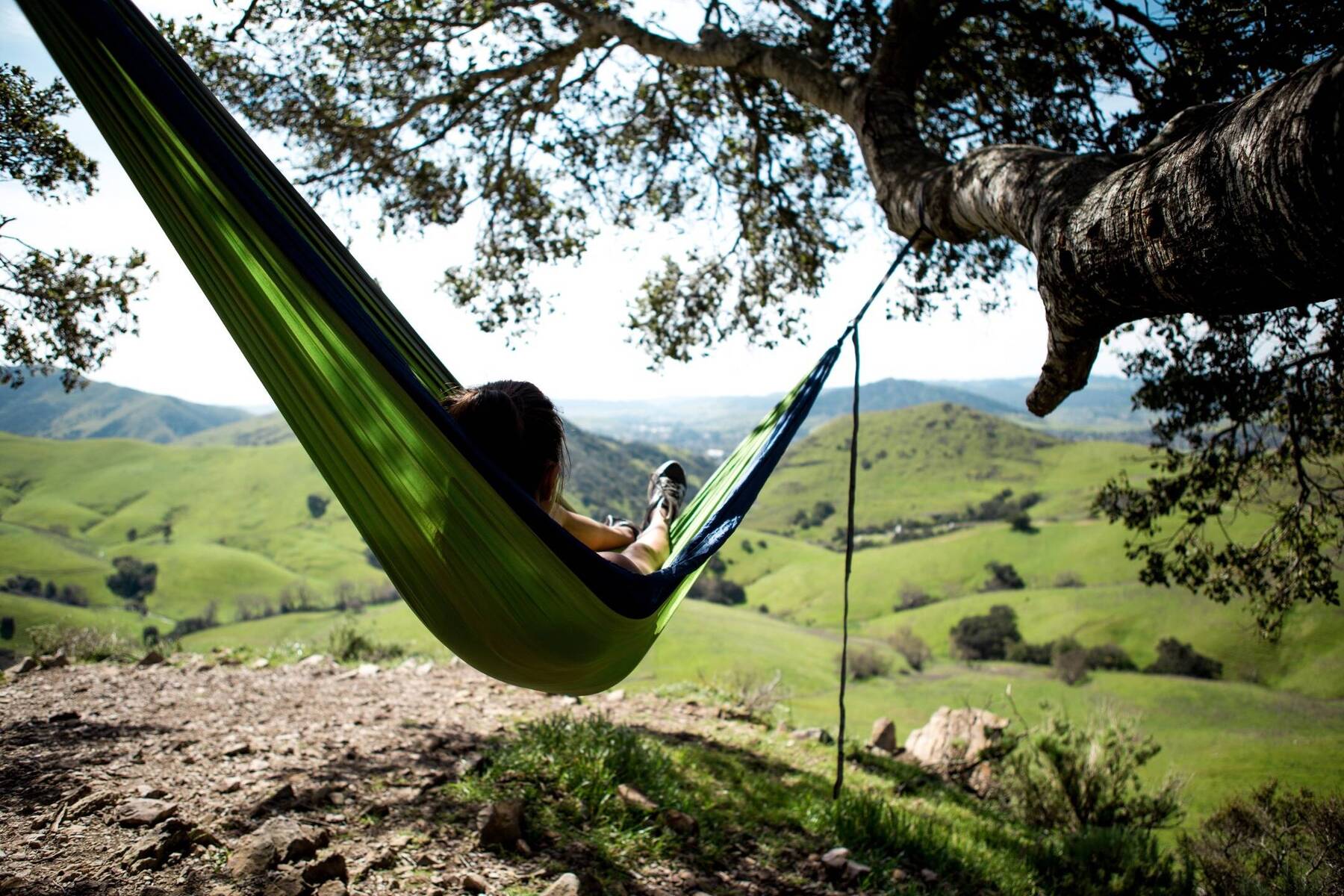




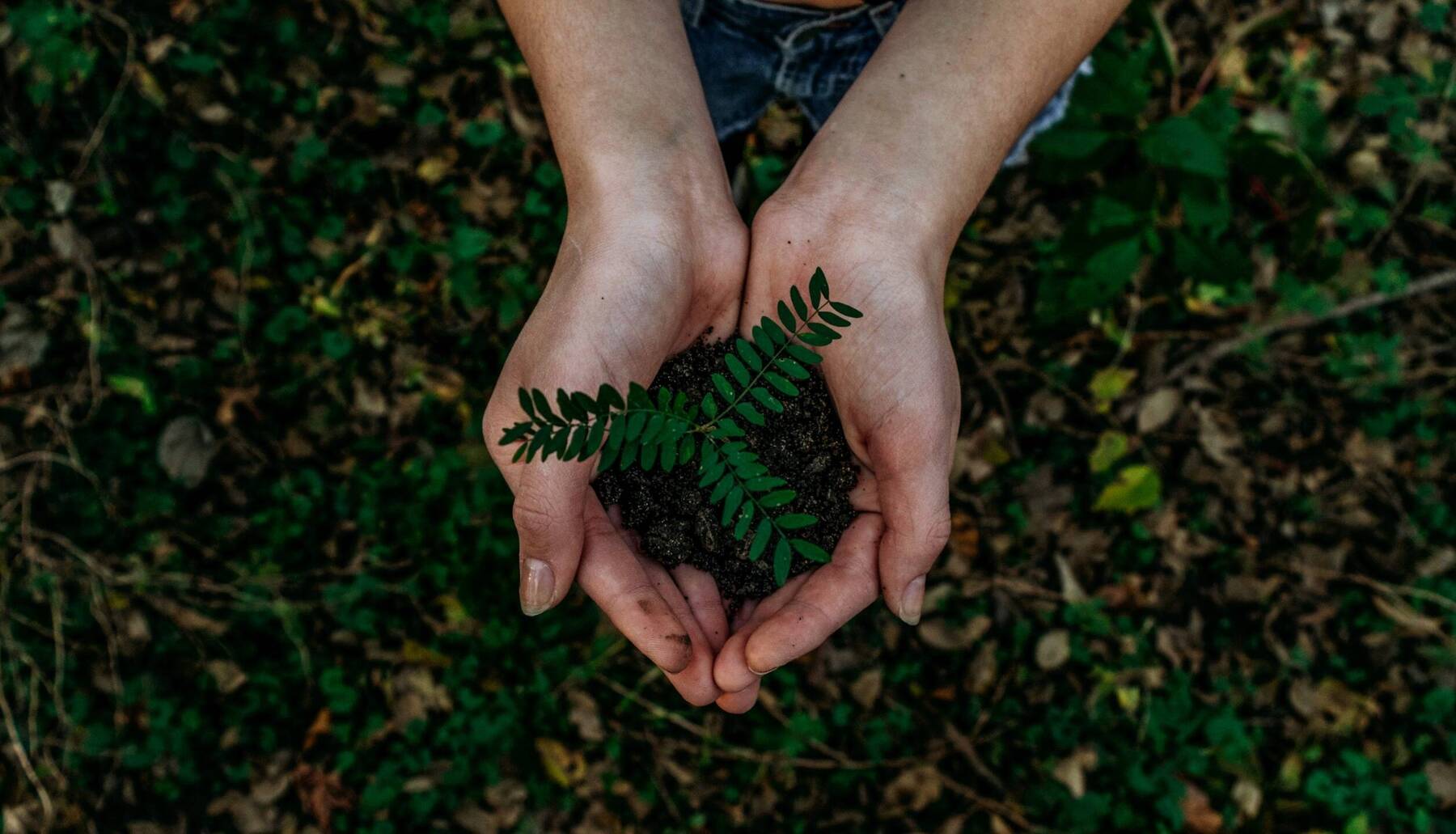
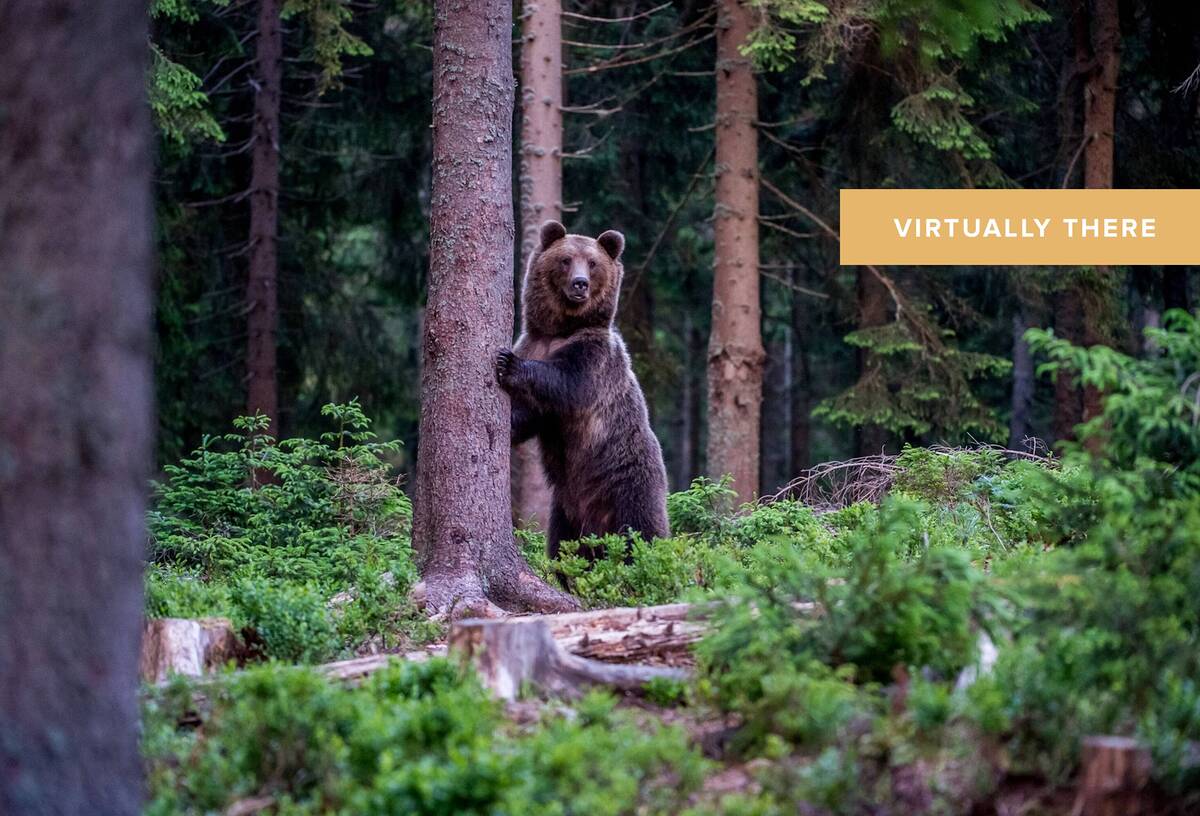

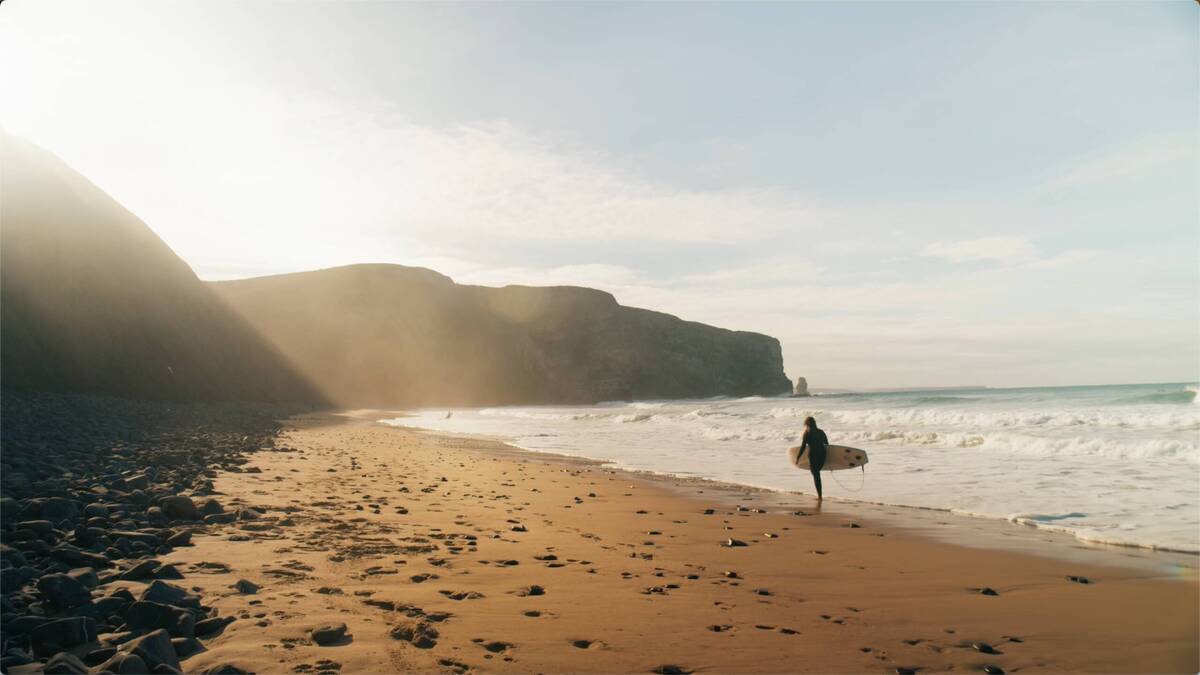













Comments